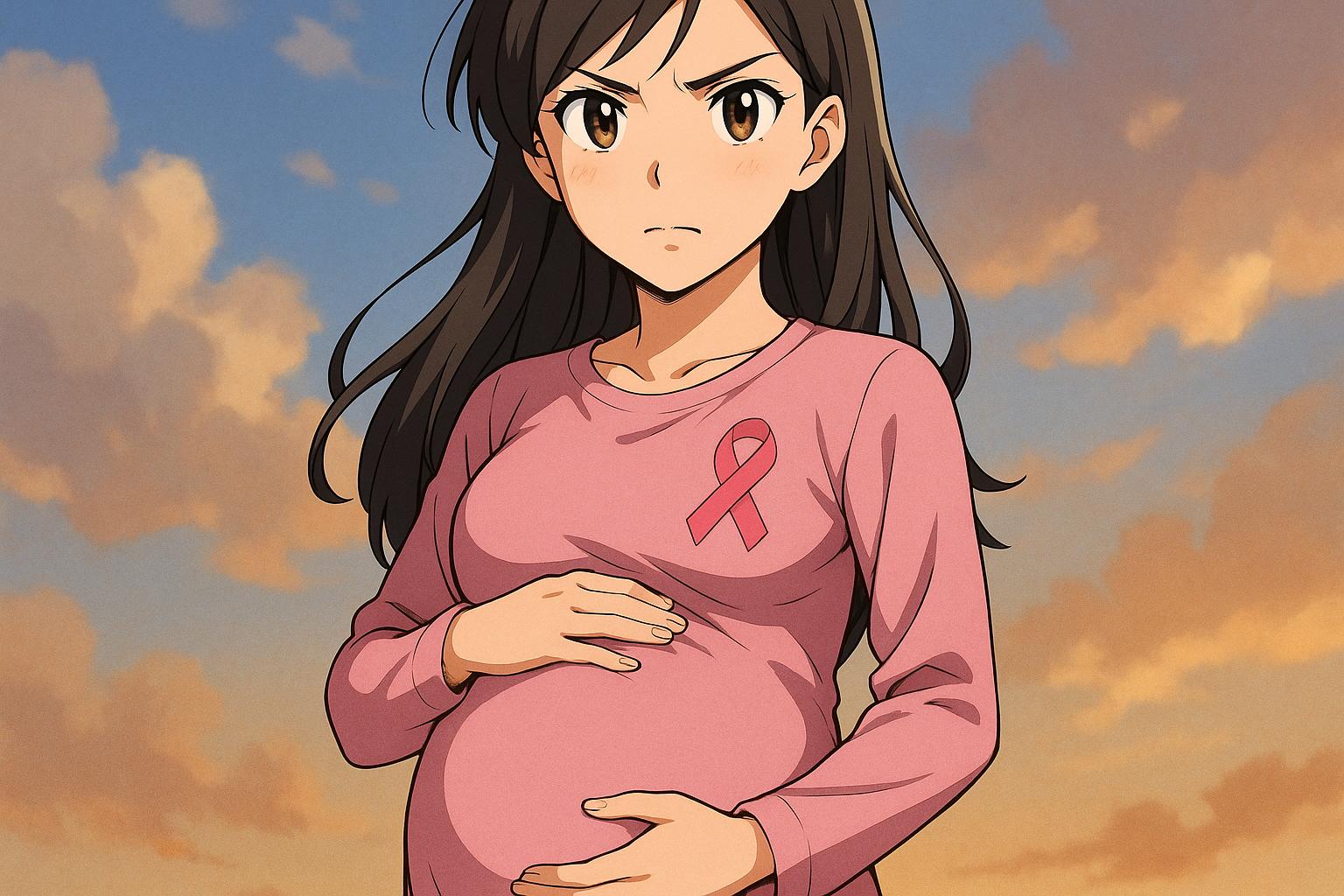A terminally ill mother has called on women to advocate for themselves and seek thorough medical evaluations after her own experience with misdiagnosis during pregnancy. Kayleigh Walker, 37, from Cardiff, faced debilitating symptoms that went unrecognised by numerous medical professionals, who attributed her pain to the normal struggles of pregnancy. With two young daughters to care for, her story sheds light on the challenges countless women encounter when their symptoms are dismissed, particularly when they are expecting.
Walker’s ordeal began with what she described as "a little bit of neck pain" early in her pregnancy. As her condition deteriorated, the pain spread across her back and arms, severely limiting her mobility and quality of life. Despite her increasingly desperate pleas for help, she was told that her discomfort was commonplace among pregnant women. "I felt unheard. I felt like I was just hidden behind my pregnancy," she shared. This sentiment is echoed by medical literature, which highlights that approximately 60% of women with pregnancy-associated breast cancer experience delayed diagnoses due to misattributed symptoms, according to studies on the subject.
The complications surrounding detection during pregnancy are exacerbated by physiological changes that can obscure underlying conditions. Breast cancer, the most common cancer among pregnant and postpartum women, occurs in roughly one in 3,000 pregnancies. These changes can result in diminished sensitivity to traditional diagnostic tools, making early detection challenging. A recent review in JAMA Surgery indicated that the primary symptoms of pregnancy-related breast cancer frequently present as painless masses often overlooked as benign pregnancy-related alterations.
In Walker’s case, the critical diagnosis came late. After developing a lump in her breast at 30 weeks pregnant, she finally received an ultrasound and MRI, which confirmed breast cancer that had already spread to her bones. In her words, by this point, the disease had "ripped through" her body, leaving her with ‘moth-eaten’ bones and necessitating emergency surgery. Such drastic impacts illustrate the urgency of improved awareness among healthcare providers regarding the unique concerns of pregnant women and the necessity for timely action when symptoms arise.
Survival rates for breast cancer have increased significantly over the past half-century, with today’s figures showing that three out of four women survive a decade post-diagnosis. However, for those diagnosed during pregnancy, outcomes can be influenced by the timeliness of their diagnosis, as highlighted in various research articles. According to the National Cancer Institute, pregnant women are often diagnosed later than their non-pregnant peers, primarily due to the attributed risk of treatment harming the fetus and the delays in recognising the seriousness of symptoms.
Despite the painful realities she faces, Walker looks to the future with resilience. Her daughter, Rosie, born prematurely at 3lb 1oz, serves as a poignant reminder of her fight. Participating in a charity fashion show to raise awareness for Breast Cancer Now, she hopes to empower other women, stressing, "Pregnant women aren't superheroes; they get ill like everyone else." Her advocacy aims to encourage women to assert their health needs and to challenge the often-patronising attitudes that can prevail in medical settings when pregnancy is involved.
Walker’s experience is emblematic of the broader struggles many women face against breast cancer, particularly during pregnancy. Breast Cancer Now reports that every month, around 1,000 people in the UK die from the disease, emphasizing the critical need for awareness and early detection. The symptoms not to ignore include any unusual lumps, persistent pain, and changes in the appearance or feel of the breast.
As Walker battles her incurable illness, she remains determined to instil resilience in her daughters, Millie and Rosie, stating, “I want them to know I was a resilient mum, that I’m never going to give up even in the face of adversity.” Her story is not just one of hardship but a call to action for all women to ensure their voices are heard, particularly when it comes to their health.
Reference Map:
Paragraph 1 - [1]
Paragraph 2 - [3], [5]
Paragraph 3 - [2], [4]
Paragraph 4 - [6], [7]
Paragraph 5 - [1], [2]
Paragraph 6 - [1], [2]
Paragraph 7 - [1], [3]
Paragraph 8 - [1], [2]
Source: Noah Wire Services
